On the afternoon of November 18, the National Assembly discussed the draft Law amending and supplementing a number of articles of the Law on Anti-Corruption.
At the Hall, delegates were interested in the content of the draft Law adjusting the regulation to increase the value of declared assets from 50 million VND to 150 million VND; increase the value of assets and income when declaring fluctuations during the year from 300 million VND to 1 billion VND.
Supporting this regulation, delegate Pham Van Hoa (Dong Thap) said that the threshold of 1 billion VND for additional declaration when there is a change in asset value or income is suitable for the current economic context.
However, delegates are concerned about cases of avoidance and finding ways to divide assets to avoid having to make additional declarations.
Agreeing with the provisions in the draft Law on handling when declaring assets and income dishonestly, explaining the origin of assets and increased income dishonestly, according to the delegate of Dong Thap province, it is unacceptable to declare assets and income dishonestly, or to have acts of evading or dispersing assets after being discovered.
Any unusual asset fluctuations that are inconsistent with income, even under 1 billion VND, must be explained to create an important mechanism to prevent technical acts of avoiding declaration.
Delegate Pham Van Hoa emphasized that this behavior must be strictly handled, disciplinary action considered, even criminal prosecution, and the idea of "sacrificing the father's life to strengthen the son's life" that has appeared in recent times cannot be accepted.
Sharing the same opinion, delegate Mai Van Hai (Thanh Hoa) wondered whether, according to the provisions of the draft Law, assets and income formed in the year with a value of less than 1 billion VND will not have to be declared additionally, but it is not clear if the accumulated assets and income from previous years are over 1 billion VND, will they have to be declared additionally?
Delegate Mai Van Hai suggested that it is necessary to provide a specific criteria framework for agencies and units to use as a basis to determine the level of dishonesty in the declaration or unreasonableness in the explanation.
Thereby, creating a solid foundation for inclusion in the annual assessment and classification of cadres, civil servants and public employees.
Delegates also supported the draft Law on amended and supplemented regulations on the application of "digital transformation" in management, aiming to ensure that agencies in the Party and State agencies system with authority in anti-corruption work are responsible for building and operating database information systems within their scope of responsibility; connecting, integrating, and sharing synchronously with the national database to ensure connectivity and information security.
The regulation of the application of science, technology and digital transformation in management is suitable to the current general practical situation of the country.
According to delegate Nguyen Tam Hung (Ho Chi Minh City), the amendment and supplement to Article 28 only stops at the requirement to promote technology application, so it is recommended that the drafting agency consider and stipulate this content more clearly.
Delegates said that the anti-corruption database must be connected to the national database on population, land, business registration, tax, customs, banking, and notary.
This is a strategic requirement, because 98% of corrupt acts leave traces through asset fluctuations and financial transactions.
Only when data is integrated can regulators detect irregular transactions, asset transfers, or fictitious names. Without mandatory regulation, the system will continue to be fragmented and difficult to monitor in practice.
Sharing the same view, delegate Trinh Thi Tu Anh (Lam Dong) suggested that Article 28 should consider adding a provision assigning the Government to develop a suitable roadmap to gradually connect the Database on assets and income with existing national databases such as: population, land, tax, banking, securities, etc.
Delegates from Lam Dong province said that this is a necessary regulation, because currently, the work of controlling assets and income still depends mainly on manual declarations and paper records, causing overload, dispersion and delay in detecting unusual fluctuations.
According to delegate Trinh Thi Tu Anh, applying information technology allows for a change in control philosophy, shifting from waiting for officials to declare and explain to the system automatically detecting signs of risk.
Delegates proposed assigning the Government to conduct pilot research on the application of modern technologies (such as big data analysis and artificial intelligence) to support early detection of unusual asset fluctuations.
At the same time, pilot implementation in a number of local ministries and branches, to both gain experience and ensure the feasibility and stability of the system.
Delegate Trinh Thi Tu Anh emphasized that the application of technology will create a modern "digital shield" in the work of preventing and fighting corruption, helping to clarify power, clean up organizations, and strengthen people's trust in the leadership of the Party and State.../.
Source: https://www.vietnamplus.vn/cong-nghe-thong-tin-tao-ra-mot-la-chan-so-trong-cong-tac-chong-tham-nhung-post1077740.vnp


![[Photo] The Standing Committee of the Organizing Subcommittee serving the 14th National Party Congress meets on information and propaganda work for the Congress.](https://vphoto.vietnam.vn/thumb/1200x675/vietnam/resource/IMAGE/2025/11/19/1763531906775_tieu-ban-phuc-vu-dh-19-11-9302-614-jpg.webp)




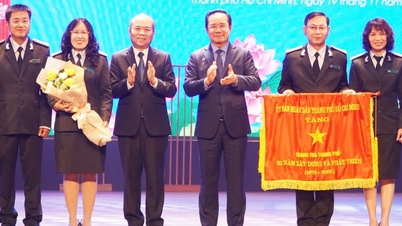

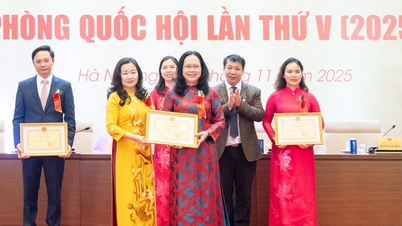



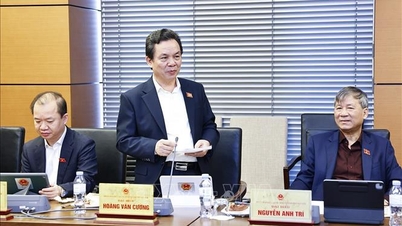





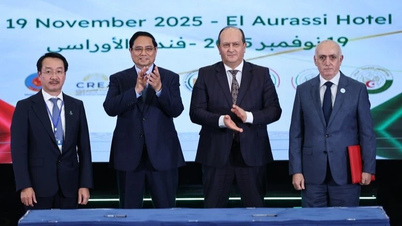

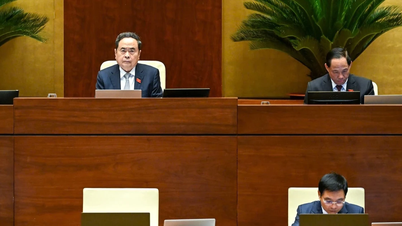
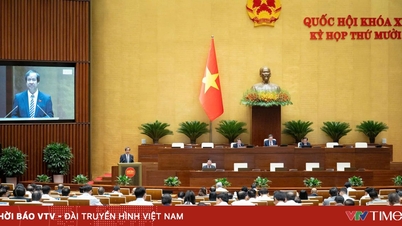

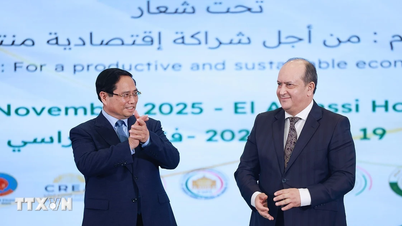





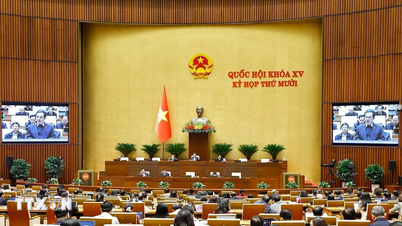


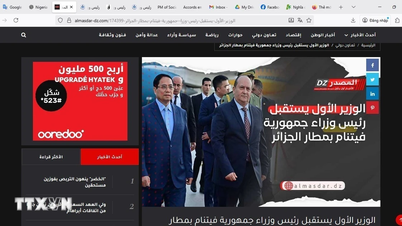

![[Photo] Prime Minister Pham Minh Chinh and his wife meet the Vietnamese community in Algeria](https://vphoto.vietnam.vn/thumb/1200x675/vietnam/resource/IMAGE/2025/11/19/1763510299099_1763510015166-jpg.webp)











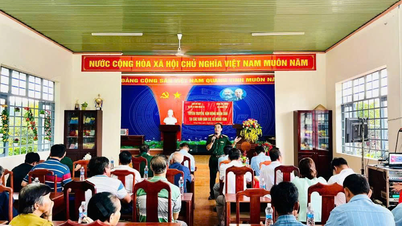





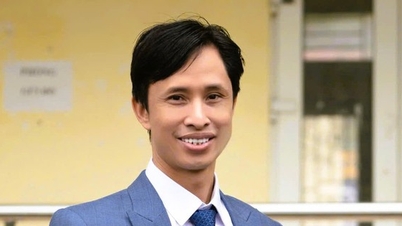





































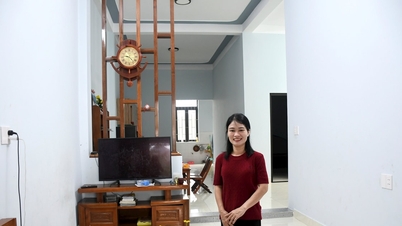



















Comment (0)